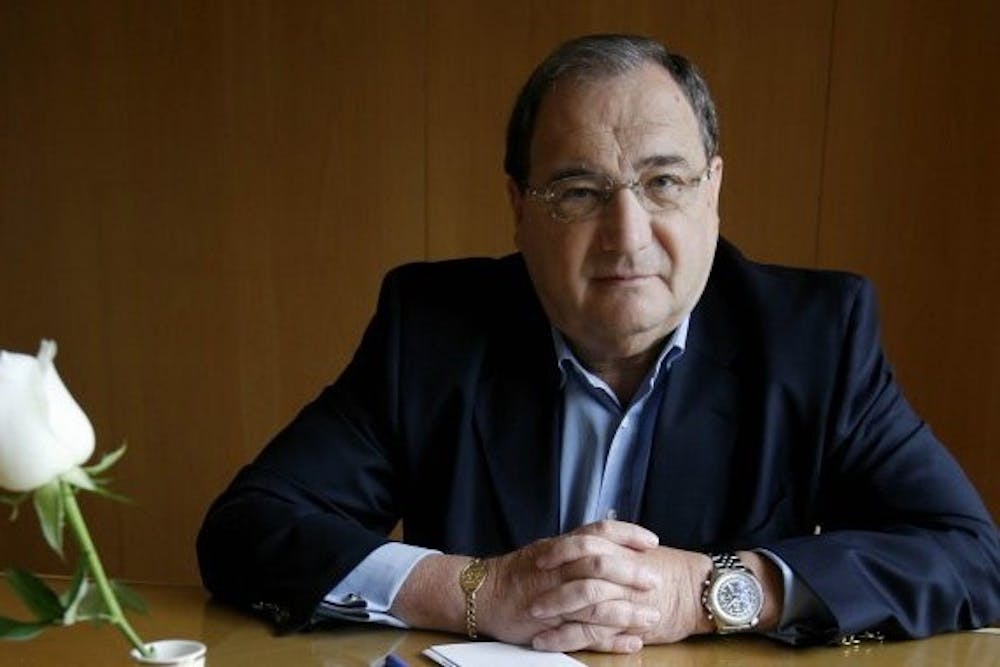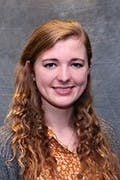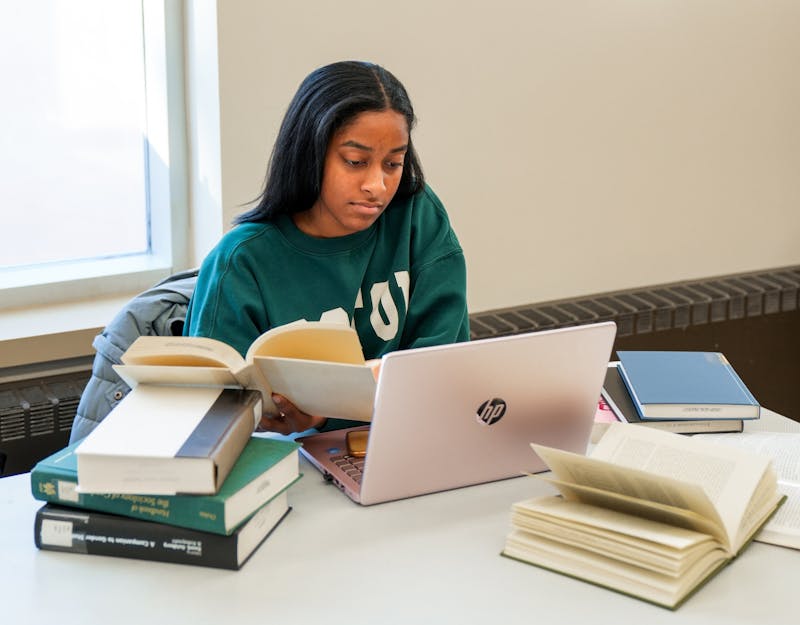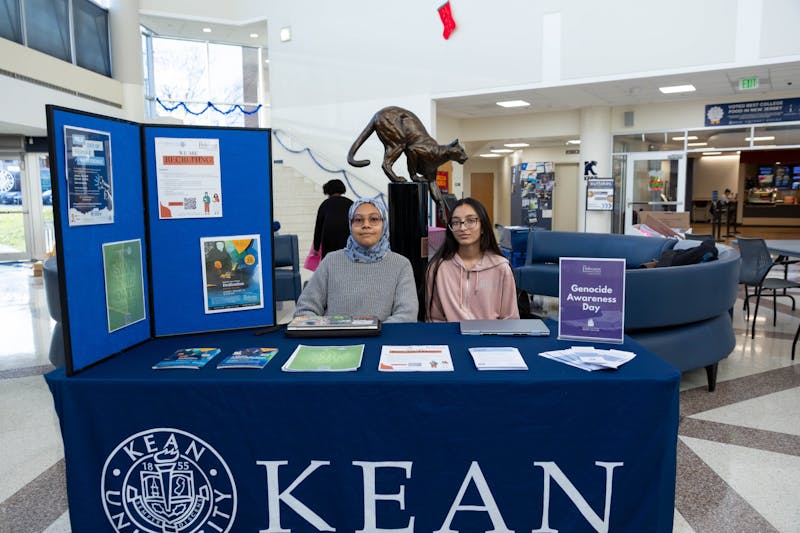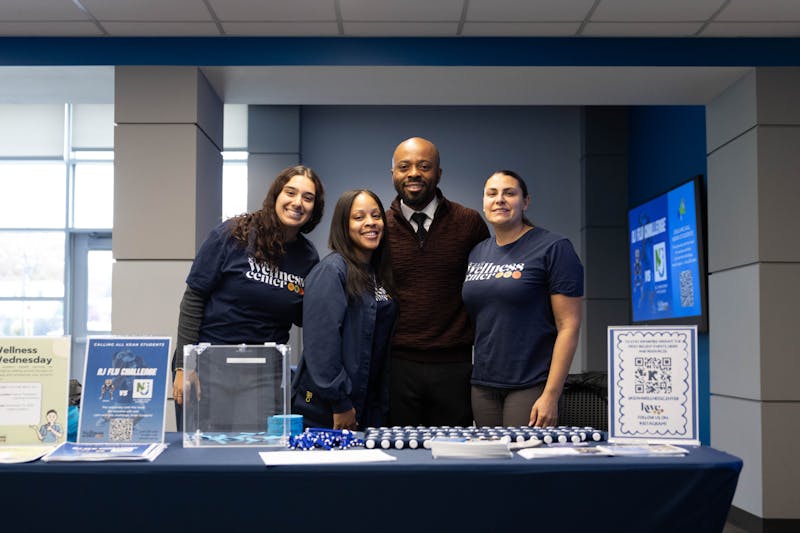On April 17, Kean University will host Abraham H. Foxman from Manhattan’s Museum of Jewish Heritage in a conversation titled Is Antisemitism Respectable Again? This event, which will be held in the Miron Student Center Little Theatre at 7:30 p.m., is only the first of a series of events taking place throughout April in honor of Genocide Awareness Month.
Abraham H. Foxman will be channeling decades of experience and knowledge in order to discuss the implications and extent of antisemitism in modern society. He currently directs the Center of the Study of Antisemitism at the Museum of Jewish Heritage. Prior to that position, Foxman served for 28 years as the National Director of the Anti-Defamation League, an organization dedicated to spreading unity by fighting antisemitism and all types of hate.
Dr. Dennis Klein, the director of Kean’s Jewish Studies Program and Master of Arts in Holocaust and Genocide Studies program, was one of the main organizers of Is Antisemitism Respectable Again?, as well as the other events of the series. Foxman’s visit is largely due to Klein, as the two worked together at the Anti-Defamation League for nine years.
“Foxman is a major figure in the organized Jewish community and continues to be a leading voice in the fight against antisemitism,” Klein said.
Klein was inspired to set up this specific conversation by the pervasiveness of prejudice and lack of solidarity between different groups of people in our culture.
“We live in times when tolerance for others who are different from ourselves is ebbing, creating a dangerous social condition of U.S. citizens and a dangerous political condition for world politics,” Klein said. “It is crucial that we are aware of expressions of intolerance, including antisemitism, and are prepared to respond and defeat them.”
The event is structured to give opportunities for audience participation and dialogue that goes two ways, as opposed to the typical lecture. Foxman will start with his opening remarks, and then Klein and Dr. Gilbert Kahn from the Holocaust and Genocide program will join to interview him about the degree and seriousness of antisemitism in modern society. The floor will also be open to attendees at that point, should they wish to ask questions or provide unique perspectives.
This April marks the first year that New Jersey officially recognizes a Genocide Awareness Month. However, this school has been at the forefront of genocide education and awareness for years. Kean is only one of three universities in the country with an accredited Master of Arts degree in Holocaust and Genocide studies. The school also has its own Holocaust Resource Center which gathers and shares Holocaust history, engages in oral history programs, presents a yearly free lecture series, and offers a tuition-free graduate course to professors about teaching the Holocaust.
The Jewish Studies Program and Master of Arts in Holocaust and Genocide Studies program have also sponsored similar series of educational events centered on genocide and the Holocaust for many years now. Klein believes that the importance of these lectures and conversations is rooted in the diverse strengths of the people and programs that will be presenting them.
“The Jewish Studies Program, which offers a minor, deals with questions of social integration for minorities and the obstacles that impede progress. Dr. Kahn, who, along with me, will interview Foxman, is a world expert on contemporary antisemitism and offers a course on that subject as well as on the history of antisemitism in the M.A. in Holocaust and Genocide Studies program,” Klein said. “I, too, study antisemitism, but from the angle of witnesses to the Holocaust and their perspectives on negotiating hostile conditions.
Foxman’s visit is only the beginning for students looking to get involved with Genocide Awareness Month. Crimes of War, Crimes of Atrocity:The Possibility of Justice is another event taking place on April 19 at 7:30 p.m. in Kean Hall. This lecture will feature Lawrence Douglas, the James J. Grosfeld Professor of Law, Jurisprudence and Social Thought from Amherst College, as he discusses and evaluates past attempts to bring the perpetrators of mass war crimes, such as the Holocaust and Rwandan genocide, to court and hold them accountable for their actions.
Casablanca, Hitler’s Refugees, and the Hollywood Screen is another guest lecture being given by Noah Isenburg, a professor of culture and media at the New School in New York City, about the classic film Casablanca and the bold, groundbreaking ways in which it took on the refugee crisis topic. This event is scheduled for April 24 at 7:30 p.m. in Room 106 of the Center for Academic Success (CAS).
Emerging Research in Holocaust and Genocide Studies will be a completely student-led forum in the Human Rights Institute on April 25 at 4:30 p.m. This event will give degree candidates from the Masters of Arts in Holocaust and Genocide program a chance to share research and findings from their theses.
The Jewish Studies Program and Master of Arts in Holocaust and Genocide Studies program have also arranged three panels of staff and graduate students titled Can Educators Prevent Genocide?, Enter “The Bystander”: The 1964 Murder of Kitty Genovese, and The Historical Legacy of Kristallnacht: Is Violence a Precondition of Genocide?. These panels will all take place in the Human Rights Institute between April 24 and 25 and take on the topics of genocide and hate with a variety of angles.
In addition to the lectures and panels this month, there will also be an informational session on the Master of Arts in Holocaust and Genocide Studies program on April 18 in Townsend Hall. This open house style session is open to any students interested in getting involved with this rare and unique graduate program.
Kean University has dedicated itself to going above and beyond in educating about the history of genocide to honor the lives taken by the tragedy and prevent history from repeating itself. Students are encouraged to attend these free events to learn about the history of these atrocities and what they can do to stop the spread of hate.
“For a succinct and compelling discussion of the concern about social intolerance and what we can do about it, this is a must,” Klein said.
For more information on the times, dates, and locations of all events mentioned in this article, students can visit Cougar Link.


